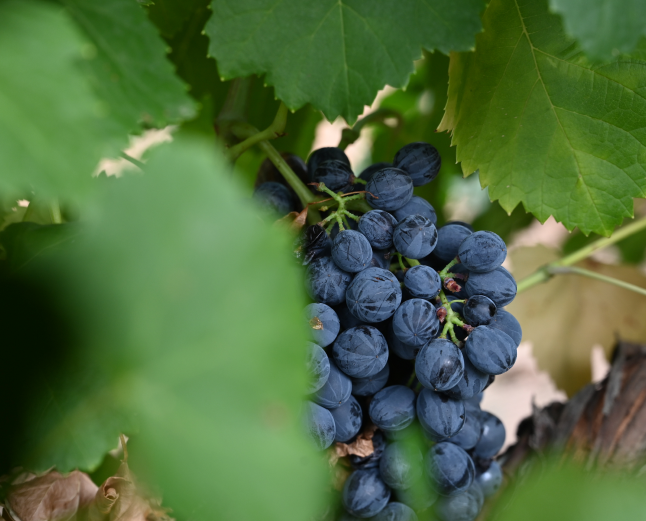

For the third consecutive year, the Consortium of international companies (Familia Torres from Spain, Masi Agricola from Italy, Moët & Hennessy from France, Sogrape from Portugal, Viña Concha y Toro from Chile and Yalumba Family Winemakers from Australia) is contributing, in addition to the OIV’s contribution, enabling the provision of different types of research grants.
Short-term research grants
As part of its Strategic Plan, the OIV may award yearly research scholarships in priority program areas. These short-term grants (six to fifteen months, up to €15,000) support specific postgraduate training programs. Eligible candidates should be highly qualified individuals eager to advance their research and stay updated on the latest developments in their field of study or work.
3 years research grants
Do you have a Research and Development project? Would you like to explore or improve an area of scientific competence compatible with the priority themes of the OIV? Apply for a 3-year research grant for a maximum amount of €50,000!
The actors involved:
-
The OIV, which signs an Agreement with the grant holder,
-
An individual with an advanced university degree, interested in pursuing doctoral or post-doctoral studies or engaging in research for a 3-year period. They cannot be an employee of a company.
-
The Consortium of international companies,
-
An academic research laboratory associated with a doctoral school which will host and supervise the grant holder for the academic part of the work and to which the supervisor is attached.
Priority themes for 2025 research grants
Research grants have to meet one of the following priority themes and topics:
A. Addressing the climate change, water soil and biodiversity management challenges through solutions for sustainable vitiviniculture
- Biodiversity and other objective indicators for measuring vitiviniculture impacts and dependencies in ecosystems, including quantitative key-indicators of sustainability and vineyards ecosystem services.
- Technology management in viticulture for heat waves and changes in maximum temperatures in spring and summer season.
- New approaches for plant protection and disease management (RNAi technology, Copper alternatives, managing insect pests through biodiversity and biocontrol, effective IPM).
B. Deploying technological breakthroughs in grape and wine production materials in processing and packaging
- "Advanced materials" as new solutions for vitivinicultural applications, including de-alcoholised wines.
- New approaches, energy savings and reduction of the carbon footprint for vitivinicultural production: New, low-footprint materials for grape and wine transport, packaging and conservation, development of innovative ultra-low weight glass bottles and glass alternatives.
- Reduction of environmental impact related to wine making process and methods of analysis.
C. Whole of value-chain management to improve systemics resilience of the global vine and wine sector
- Consumer perception and willingness to pay for sustainability attributes and vineyard-based ecosystem services as an element of wine premiumization: impacts in emotional response, preference, and trading-up behavior. Best indicators of sustainability.
- Social, economic and environmental sustainability: the vineyard's valuable contribution to the economy, culture and tradition, including its contribution to the maintenance of the rural population and wine tourism.
- Barriers to trade: Tariff and non-tariff barriers to trade, including cross-retaliation. labelling demands, health information and restrictions on marketing. Intellectual property barriers to trade, including geographical indications and trade marks.
D. Consumer: Safety, Nutrition, Health and information
- The effects of wine and grape derivative product’s consumption on diseases and health (in particular, all-cause of mortality and wine consumption, wine consumption and the immune system, including autoimmune diseases, longevity, polyphenols, and gastrointestinal diseases).
- The relationships between cultural and social aspects with alcohol consumption: emerging trends in consumption patterns and influences that contribute to the consumption, social and psychological benefits from consumption of grapevine-derived products and potential misuse of wine and alcoholic beverages derived from winegrapes (social norms, drinking guidelines, health warning labels).
- Consumer information and marketing: online and offline information to consumers, marketing rules concerning alcoholic beverages and their relation to health issues.
- Communication tools and strategies for consumer-relevant sustainable practices.